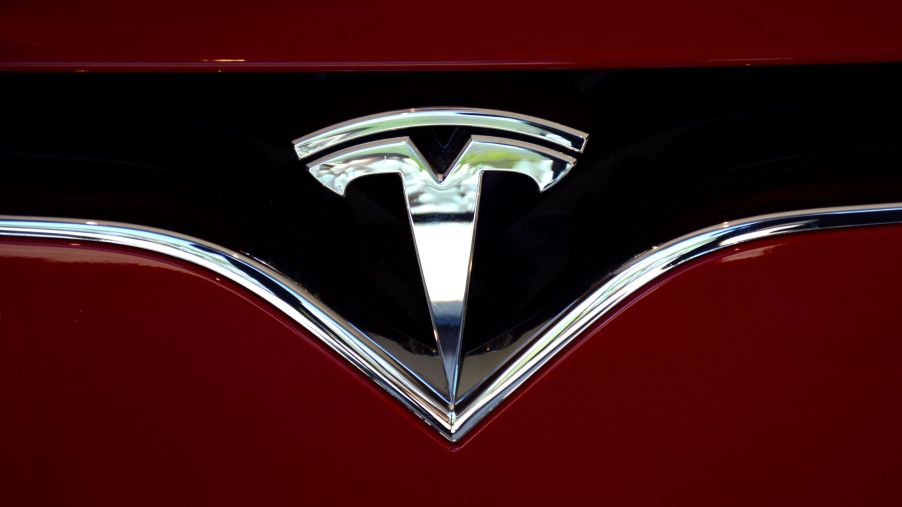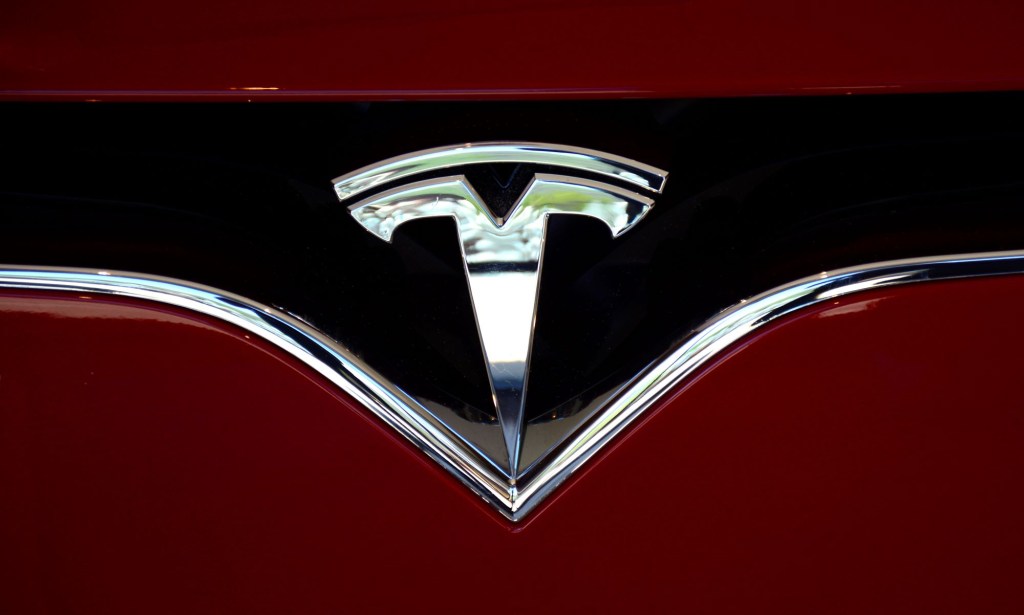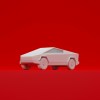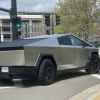
Here’s the Dumb Reason Why Tesla Is Ineligible for J.D Power Quality Studies
J.D. Power is one of the most well-known reviewers. It specializes in car reliability. In one of J.D. Power’s more recent quality studies, Tesla performed terribly compared to other automakers. With that being said, Tesla doesn’t actually even qualify to be a part of J.D. Power’s quality studies, and here’s the dumb reason why.
A look at J.D. Power’s most recent quality study

Like J.D. Power wrote, it’s been doing these studies for over 30 years and is well-rounded. J.D. Power surveys thousands of owners and lessees about any problems they might have encountered with their car. There are over 200 questions in this survey, and they’re split into nine categories. J.D. Power provides a number called a PP100, or problems per 100 vehicles.
The best-scoring brand of the 2021 model year was Ram, as it had a PP100 of 128. Toyota, a brand that’s well-known for its reliability, scored a PP100 of 157. In terms of individual models, the usual suspects dominated J.D. Power’s list. For example, Hyundai and Toyota were in first and second place in terms of the most model-level awards, according to J.D. Power. Hyundai had seven, Toyota had five.
Tesla scored terribly, but it was never actually eligible
On the other end of the spectrum, J.D. Power said that Tesla was third to last. Tesla’s PP100 was 231, which is almost double Ram’s number. This may not be as big of a deal as it seems, though. J.D. Power said that Tesla is not eligible to be ranked in the study because Tesla doesn’t grant J.D. Power the ability to interview Tesla owners in 15 states where J.D. Power required it. As such, J.D. Power just used data from the other 35 states.
This is problematic because, according to CNBC, one of those 15 states was California. This is an issue because California is the EV capital of America. Teslas are very popular in California, and it doesn’t hurt that Californians have a lot of incentives to go electric. By not including California, J.D. Power’s look at Tesla may not be complete.
As CNBC wrote, J.D. Power could get data from other states that have quite a few Tesla owners. Tesla owners from Texas and Florida were included in the study. Overall, about 756 Teslas were involved in J.D. Power’s study. Teslas aren’t perfect, so it wouldn’t be surprising if J.D. Power’s estimate for Tesla were accurate, even if those 15 states were added in.
Audi and Chrysler did worse than Tesla at least
So, while Tesla remains ineligible for J.D. Power’s study, at the very least, Tesla didn’t score as badly as Audi and Chrysler did. Those two brands were at the bottom of J.D. Power’s quality study for the 2021 model year. Their PP100s were significantly higher than Tesla’s unofficial count, too.
Audi was in second to the last place, as its PP100 was 240. This isn’t too surprising, as Audi and other German luxury automakers are sometimes known to be unreliable. Chrysler, on the other hand, was in the last place with a PP100 of 251. This isn’t too surprising since Chrysler does have a stereotype of making bad cars.
But it’s not all bad. J.D. Power mentioned, for example, that the Audi Q3 scored well in its segment. This was the same story for the Chrysler 300, which also did well in its segment.
RELATED: Why Does Chrysler Make Bad Cars?



